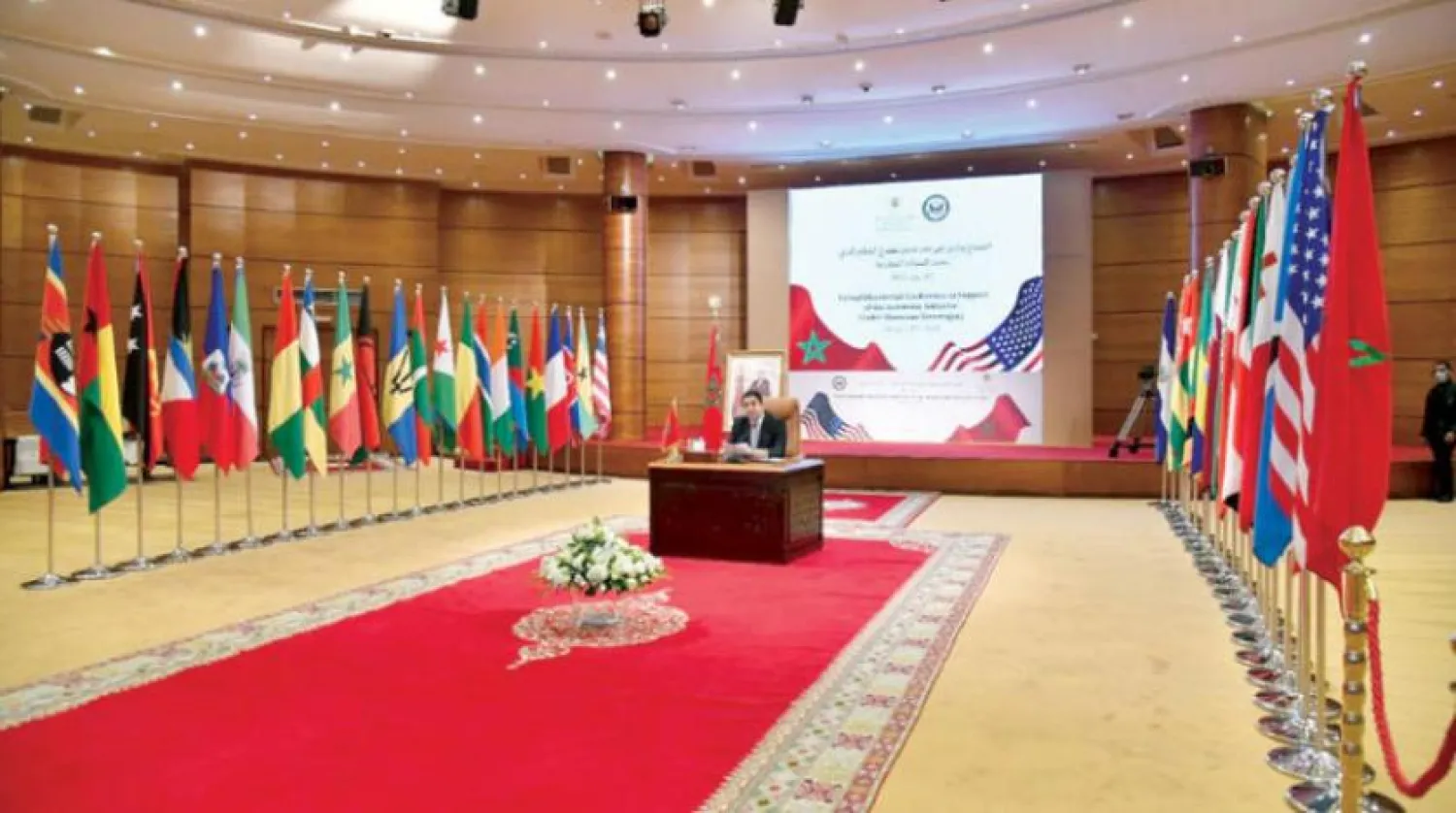Morocco is still waiting for “a convincing answer” from the Spanish government regarding its decision to allow Brahim Ghali to enter its territories, said Moroccan Foreign Minister Nasser Bourita.
“Why did the Spanish authorities feel that Morocco should not be informed? Why did they prefer to coordinate with Morocco’s opponents (hinting at Algeria)? Is it normal that we learned about it through the press?” the FM wondered.
This case “is a test of the credibility of our relations … and whether they are just a slogan,” the minister warned in an interview with the Spanish news agency Efe published Saturday.
He recalled that Morocco has always supported Spain in the face of separatism of Catalan independence.
“When Spain was faced with separatism, Morocco was very clear, and at the highest level: rejecting any contact and interaction with them and inform our partners. When the Catalans asked us to receive them at the ministry, we demanded that a member of the Spanish embassy be present,” he recalled.
Ghali “is a rapist who has tolerated slavery, torture, war crimes, child soldiers and genocide,” and Spain is aware of this.
“Does it want to sacrifice its relationship with Morocco for this person?”, the minister questioned.
On the complaints filed by the victims of Ghali, including the Sahrawi Association for the Defense of Human Rights (ASADEDH) and the Canary Association of Victims of Terrorism (ACAVITE), Bourita wondered: “Where is the Spanish justice in all this? Has no magistrate deemed it necessary to act on these complaints?”
Regarding the arguments that Spain was the occupying power of Southern Morocco, the Moroccan minister noted that this is “a pretext that no longer holds… We cannot remain prisoners of the Spanish past.”
Morocco and Spain maintain “a global partnership” touching on political, economic, commercial, human, and security aspects, and this is where the migration issue comes in, Bourita said.
"We should not think that it is a relationship à la carte," the minister argued.









